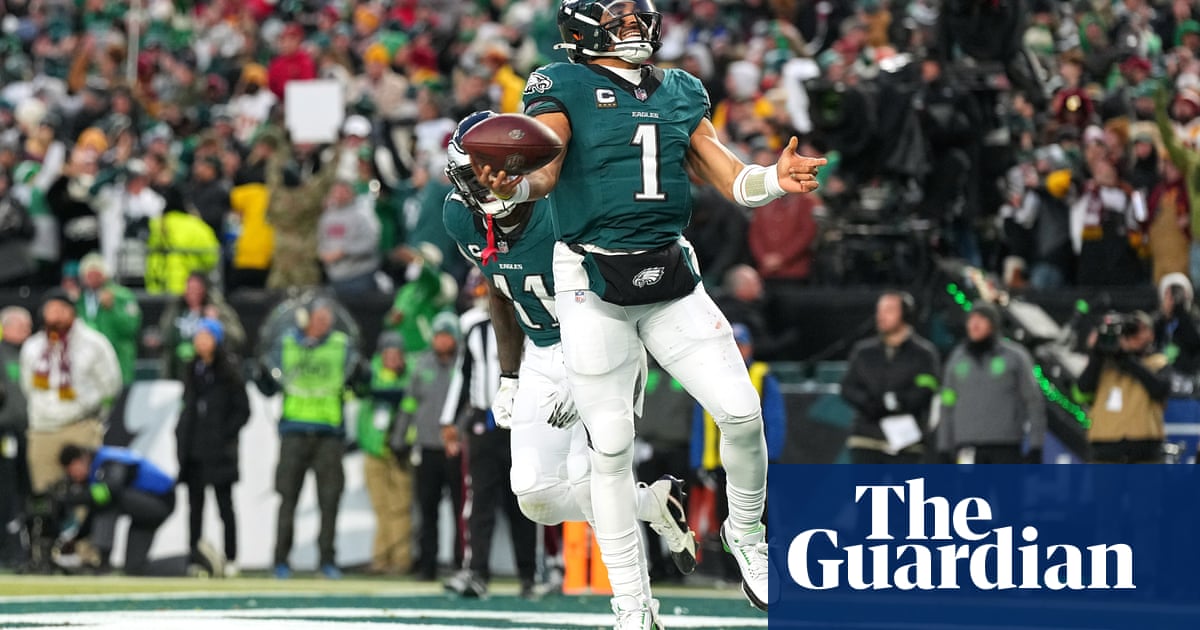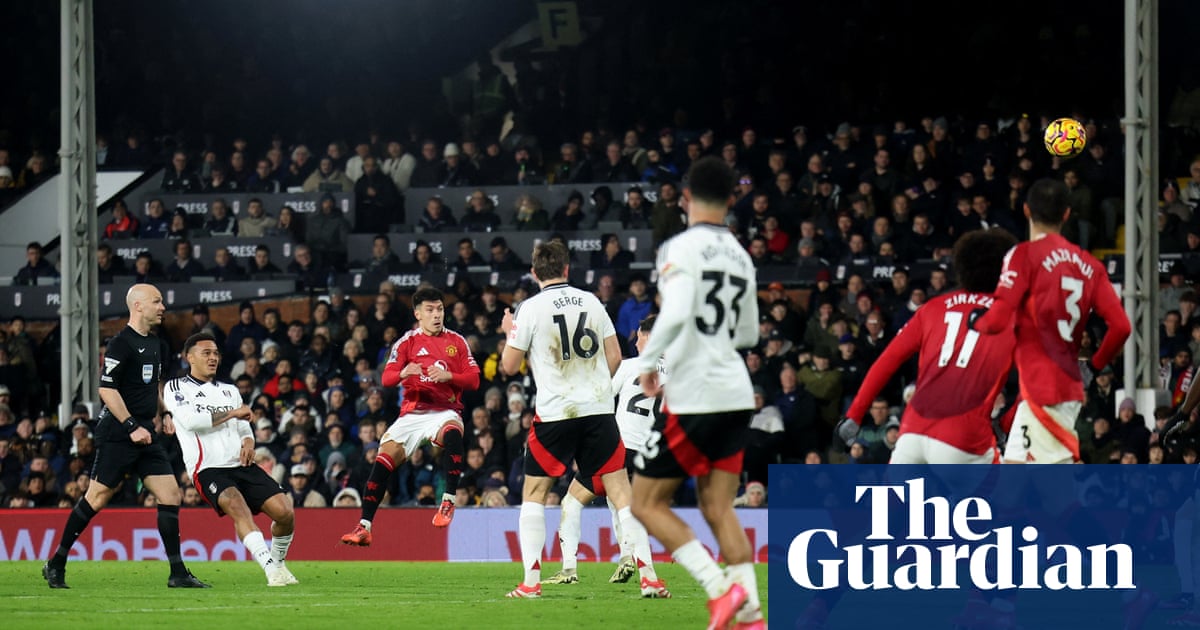
Large numbers of troops from Rwanda have been pouring across the border into the Democratic Republic of the Congo (DRC) to help rebels seize the regional capital of Goma before an emergency UN meeting about the crisis takes place on Sunday, intelligence officials have warned.
Rwanda Defence Force (RDF) soldiers are believed to have secretly crossed into the eastern DRC over the past few days to assist a lightning offensive by the M23 militia.
Officials speaking to the Observer on condition of anonymity said the RDF had cranked up the pressure on the Congolese city by massing troops on the Rwandan side of the border, a few hundred metres from central Goma.
Most of the RDF’s most senior commanders are said to have been deployed in the Rwandan city of Gisenyi, less than a mile across the border from Goma.
“The Rwandan army is lined up at the border, ready to invade,” said a source who has knowledge of the RDF and is privy to real-time intelligence.
Fierce skirmishes between M23 advance units and the Congolese army were reported on the outskirts of Goma throughout Saturday. Thirteen UN peacekeepers were killed in fighting, nine from South African peacekeepers, three from the Malawi Defence Forces and a Uruguayan member of the UN force who was killed while four others were wounded.
The frontline appears to be moving ever closer to Goma’s outskirts, with one source saying the fighting was almost within the city limits, having bypassed the vast refugee camps that hold more than a million people displaced by the fighting.
A major offensive by the Rwandan-backed M23 was foiled overnight, Congolese army sources said.
“Goma’s defences are just about holding out, but they [Rwanda] want to take Goma before the UNSC [UN security council],” said a senior intelligence source, requesting anonymity.

Meanwhile, the DRC recalled its diplomats from Rwanda and asked Rwanda to cease diplomatic and consular activities in the Congolese capital Kinshasa, within 48 hours, according to a leaked foreign ministry letter to the Rwandan embassy.
The UN security council brought forward an emergency meeting on Sunday to discuss the crisis.
When the M23 captured Goma in 2012, its forces rapidly withdrew when Rwanda came under intense international pressure to stop backing the militia. This time, intelligence sources believe, Rwanda wants to take control of the city before the west can summon an effective response.
Such a move will rely on M23 units imminently breaching Goma’s embattled defences, routing the Congolese army and assuming control of the city of more than a million people on the northern shore of Lake Kivu.
Before the recent influx of Rwandan troops, UN experts estimated that up to 4,000 RDF personnel were operating inside the DRC.
Sources also warn that Rwanda will not stop at Goma and is hoping to seize the city of Bukavu, which lies close to the border at the southern tip of Lake Kivu.
The M23 insurgency in the DRC’s mineral-rich east has intensified this year, with rebels seizing control of more territory. Last week they took control of Minova, a key town along one of Goma’s main supply routes.
Two days later, they captured Sake, a town 12 miles from Goma and previously the army’s main defensive position against the M23. The developments threaten the supply of food and basic supplies into Goma.
Speaking on Saturday to the Observer, Clémentine de Montjoye of Human Rights Watch said: “The situation is dire. Today we are hearing reports of fighting north and west of the city, as well as water and power shortages in the city.
“Given the huge number of civilians seeking shelter in Goma, pressure must be mounted on all parties to protect civilians and infrastructure such as hospitals and allow access to humanitarian aid.”
Many analysts are critical of the west’s response to the crisis, particularly its failure to rein in Rwanda’s president, Paul Kagame. The UK, US and France – three of the five permanent members of the UN security council – are accused by critics of being too close to Kagame.
In a statement on Saturday, the EU said: “Rwanda must cease its support for the M23 and withdraw.”
The Rwandan government says it does not back the M23, but had not res- ponded by the time of going to press.










 English (US)
English (US)